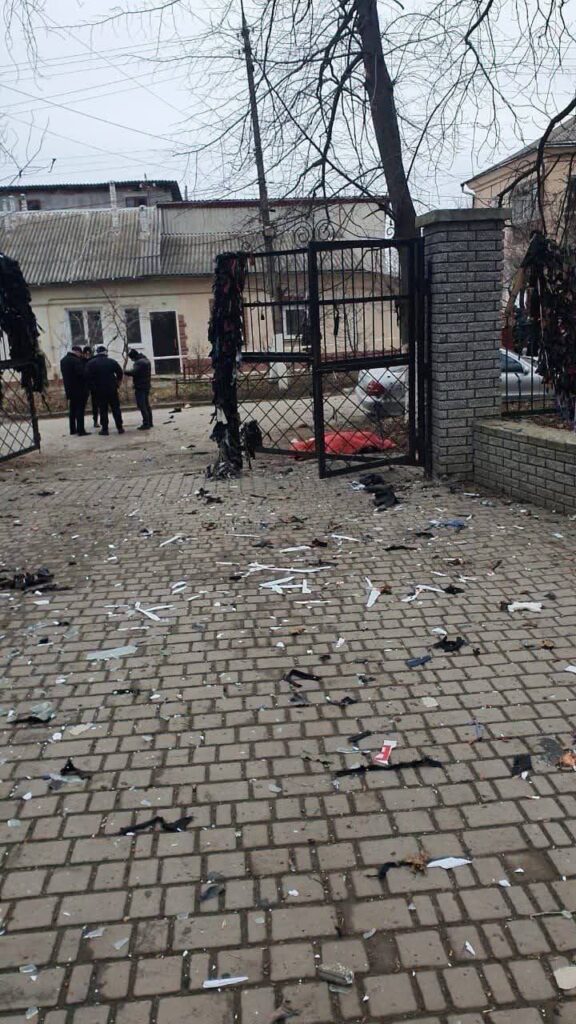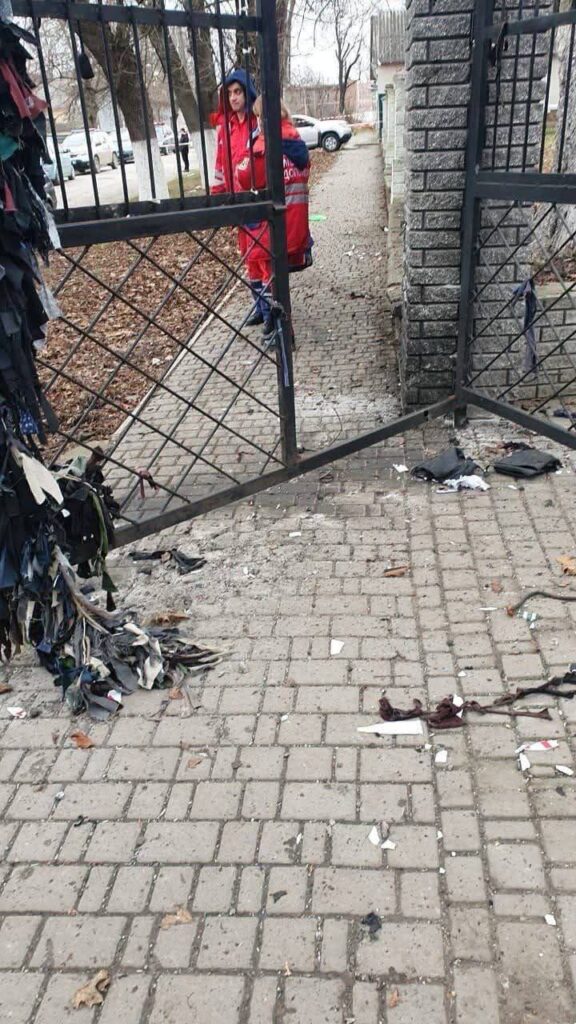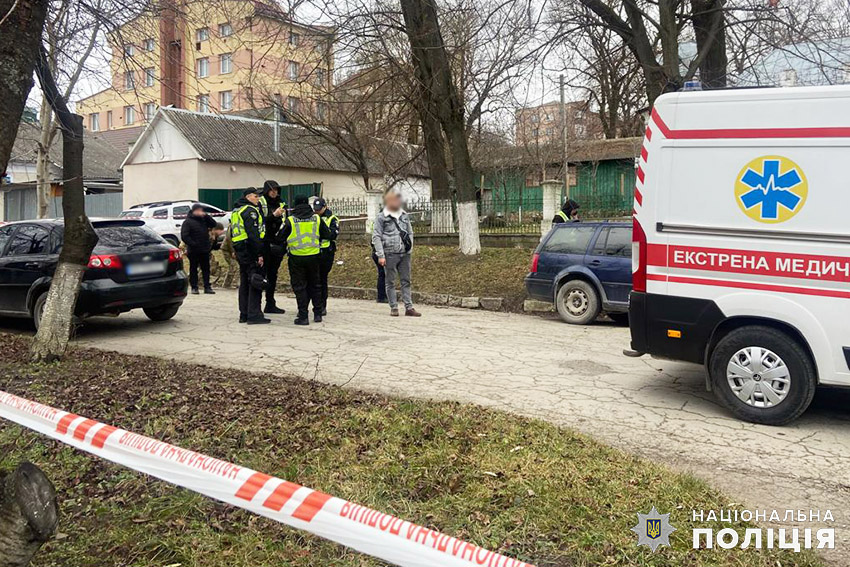On 5 February, an explosion occurred near the military recruitment center (TCC) in Kamianets-Podilskyi, western Ukraine, killing one and injuring four people.
The deceased turned out to be a person delivering “items” to the military center and allegedly carrying an explosive device that was detonated remotely by Russians, according to the city’s Mayor Mykhailo Positko.
This incident follows a series of recent violent attacks on recruitment centers across Ukraine, igniting discussions about coordinated Russian sabotage efforts.
Ukraine's Territorial Center of Recruitment and Social Support (TCC) maintains military records and manages citizen mobilization to the army. TCC was entangled in multiple scandals involving unlawful detentions of civilians on the streets as Ukraine faces manpower shortages at the frontline.
The injured in Kamianets-Podilskyi include two medical workers, a passerby, and a serviceman, according to the Governor of Khmelnytskyi Oblast Serhii Tiurin.
The police continue to investigate the exact cause and circumstances of the explosion.


Previous incidents of Russian sabotage in Ukrainian TCC
On 1 February, a 21-year-old unemployed man from Zhytomyr Oblast, central Ukraine, carried an improvised explosive device (IED) into a military recruitment center in Rivne, western Ukraine. Recruited by Russian special services through Telegram with promises of quick money, he was unaware that the IED, disguised as a tourist backpack, was equipped with a mobile phone for remote detonation.
Russian operatives monitored his movements via his phone camera and detonated the device upon his entry into the center, killing him instantly and injuring eight Ukrainian servicemen.
On the same day, a masked assailant fatally shot a military serviceman who was escorting newly mobilized recruits in Poltava Oblast. The attacker then seized the serviceman's weapon and fled with one of the conscripts. Both individuals were later apprehended by authorities.
On 2 February, another explosion near a TCC building occurred in Pavlohrad, Dnipropetrovsk Oblast, causing minor injuries to one individual.
The Security Service of Ukraine (SBU) reported that three men, aged 21 and 22, had been detained in connection with the Pavlohrad attack. Russians lured them via Telegram to earn “easy” money.
According to authorities, the suspects were recruited via Telegram by Russian operatives and were instructed to plant an explosive device filled with nails and metal fragments near the TCC. They had also installed a hidden camera to record the aftermath of the blast. The explosives were reportedly set to be remotely detonated via a mobile phone call.



Now, the suspects face up to 12 years of imprisonment under terrorism charges, with potential property confiscation.
Russian special services aim to destabilize Ukraine by targeting military personnel, discrediting Territorial Recruitment Centers (TCCs), disrupting mobilization, and eroding public trust in the Defense Forces, according to the Deputy Head of the SBU Serhii Andrushchenko.
Russians blow up their agents in Ukraine without them knowing
Speaking on these events, Armed Forces of Ukraine spokesperson Dmytro Lykhoviy stated that in both the Rivne and Kamianets-Podilskyi explosions, the perpetrators were killed by the very devices they were carrying.
He warned that individuals recruited online for such attacks are often unaware that their handlers intend to eliminate them.
“Those who order explosions at TCC blow up the executors themselves,” Lykhoviy stated, adding that Russian operatives manipulate recruits through false promises of financial compensation.
Ukrainian Center for Countering Disinformation also highlighted the tactics used by Russian special services, noting that they often target young and uninformed individuals through online platforms, deceiving them into carrying out acts of sabotage without full awareness of the consequences.
Andriy Kovalenko, head of the Center, explained that Russian intelligence services promise money to saboteurs but ultimately betray them, often activating explosives remotely without informing the individuals involved.
Related:
- Armed assailant kills military recruitment officer, while deadly explosion rocks recruitment center in Ukraine
- “Disposable agent”: Russia kills own recruit in Ukraine military center bombing plot, SBU says
- Massive Russian TikTok bot network launches blitzkrieg on Ukrainian mobilization
- Zelenskyy on mobilization: If half our army goes home, we will need to surrender
- Why is Ukraine losing ground? Mobilization crisis and command failures exposed

